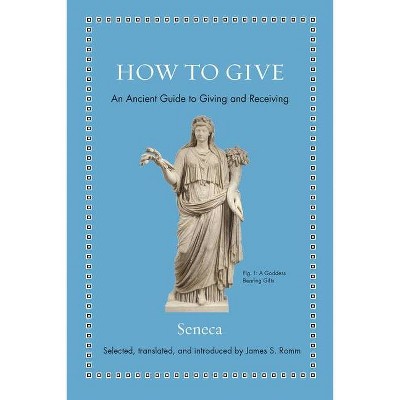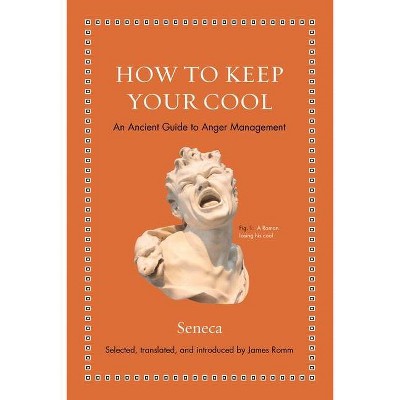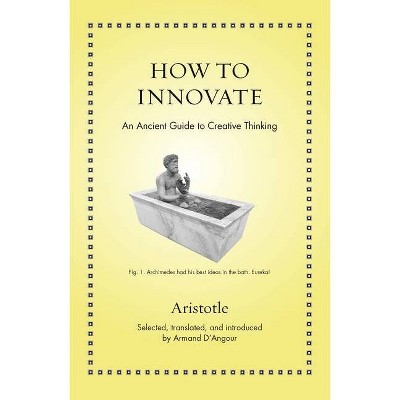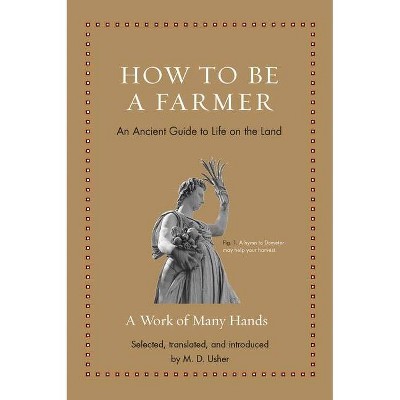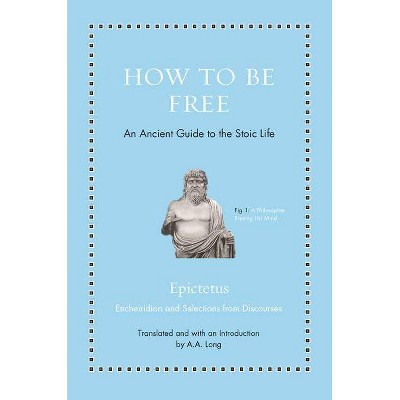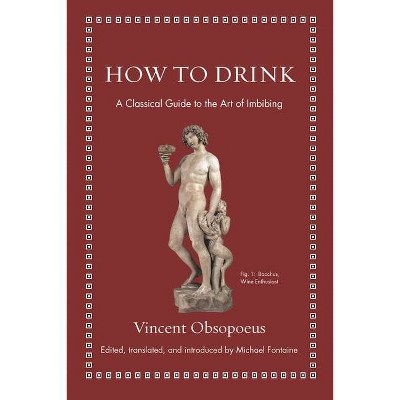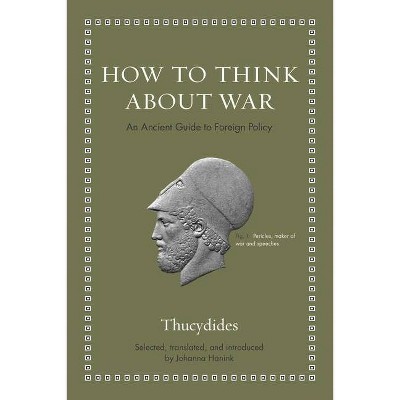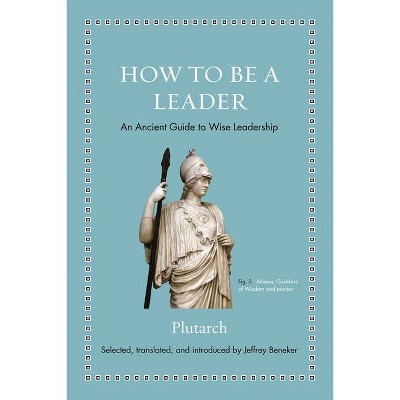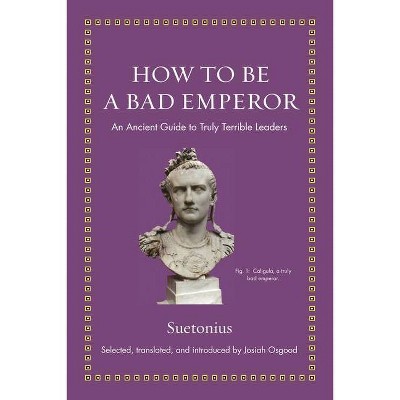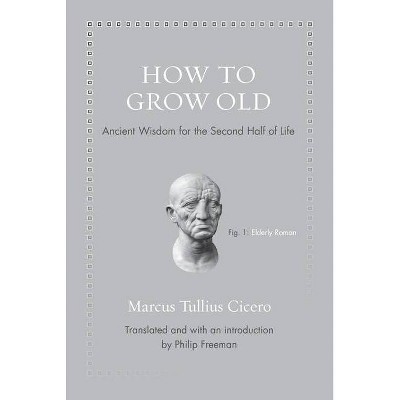How to Die - (Ancient Wisdom for Modern Readers) by Seneca (Hardcover)
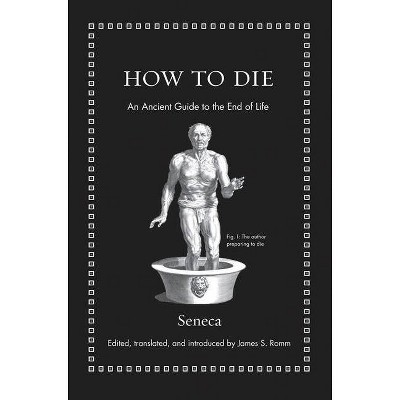
Similar Products
Products of same category from the store
AllProduct info
<p/><br></br><p><b> Book Synopsis </b></p></br></br><p><b>Timeless wisdom on death and dying from the celebrated Stoic philosopher Seneca</b> <p/>It takes an entire lifetime to learn how to die, wrote the Roman Stoic philosopher Seneca (c. 4 BC-65 AD). He counseled readers to study death always, and took his own advice, returning to the subject again and again in all his writings, yet he never treated it in a complete work. <i>How to Die</i> gathers in one volume, for the first time, Seneca's remarkable meditations on death and dying. Edited and translated by James S. Romm, <i>How to Die</i> reveals a provocative thinker and dazzling writer who speaks with a startling frankness about the need to accept death or even, under certain conditions, to seek it out. <p/>Seneca believed that life is only a journey toward death and that one must rehearse for death throughout life. Here, he tells us how to practice for death, how to die well, and how to understand the role of a good death in a good life. He stresses the universality of death, its importance as life's final rite of passage, and its ability to liberate us from pain, slavery, or political oppression. <p/>Featuring beautifully rendered new translations, <i>How to Die</i> also includes an enlightening introduction, notes, the original Latin texts, and an epilogue presenting Tacitus's description of Seneca's grim suicide.</p><p/><br></br><p><b> From the Back Cover </b></p></br></br><p> "James Romm takes us up close to death with Seneca for his guide. Don't be afraid, be prepared--be very prepared."<b>--Mary Beard, author of <i>SPQR: A History of Ancient Rome</i></b></p><p> "Beautifully translated by James Romm, Seneca speaks to us so directly about the fraught and difficult subject of death that we may find ourselves forgetting to breathe."<b>--Francine Prose</b></p><p> "This well-chosen collection of Seneca's writings on death demonstrates James Romm's gift for making the people and ideas of antiquity vivid for general readers. The introduction is graceful, the translations are accurate and readable, the annotations are nicely judged, and the epilogue featuring Tacitus's account of Seneca's suicide is indispensable."<b>--Robert A. Kaster, Princeton University</b></p><p/><br></br><p><b> Review Quotes </b></p></br></br><br>[A] a potent compilation of passages.<b>---Tracy Lee Simmons, <i>City Journal</i></b><br><br>A sharp introductory primer on Stoicism. . . . Very finely translated.<b>---Brendan Boyle, <i>Wall Street Journal</i></b><br><br>Romm's collection does a service in contributing to bringing the philosopher back, not only to his fellow Classicists, but to every one of us who cares enough to think about how to live and how to die. . . . Not quite a book to die for, but one to enhance life.<b>---Marguerite Johnson, <i>Australian Book Review</i></b><br><br>Seneca, the Roman emperor Nero's chief adviser, discussed death and how to prepare for it way back in the mid-1st century. . . . This new book, a synthesis of his writings on the subject . . . remains as timely today as ever.<b>---Sarah Murdoch, <i>Toronto Star</i></b><br><p/><br></br><p><b> About the Author </b></p></br></br><b>James S. Romm</b> is the author of <i>Dying Every Day: Seneca at the Court of Nero </i>and <i>Ghost on the Throne: The Death of Alexander the Great and the War for Crown and Empire</i> (both Knopf). He has written essays and reviews for the <i>Wall Street Journal</i>, the <i>New York Review of Books</i>, and the <i>New Yorker</i> website, among other publications. He is the James H. Ottaway Jr. Professor of Classics at Bard College and lives in Barrytown, New York.
Price History
Price Archive shows prices from various stores, lets you see history and find the cheapest. There is no actual sale on the website. For all support, inquiry and suggestion messages communication@pricearchive.us
